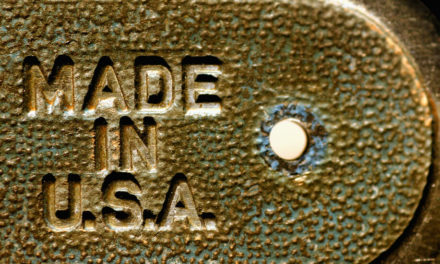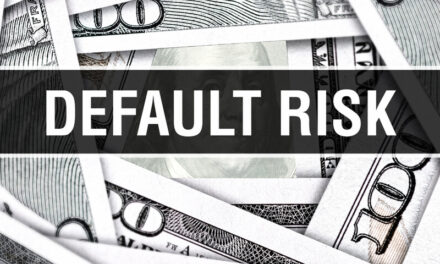The Great Recession ended in 2009 and investors have enjoyed a record bull market run, but there are an increasing number of recession warnings that have taken shape.
Duke University finance professor Champbell R. Harvey is the latest economist warning of an inbound recession.
Harvey also is a research associate at the National Bureau of Economic Research, which provides the official start and end dates of expansions and contractions, and he has one of the most rigorous recession stress tests.
According to Bloomberg, Harvey is no alarmist. In fact, he’s a “sober-minded researcher.”
However, in a recent YouTube discussion, Harvey cited four signals that tell him a recession is eminent.
- The Duke-CFO Global Business Outlook survey, which we wrote about here on Money & Markets last week. The survey of the Chief Financial Officers for U.S. companies showed 48.1% of them expect a recession in the next six months, and that number skyrockets to 69% for a recession by late 2020.
- The “realization of anti-growth protectionism.” Simply put, tariffs and the escalating trade war with China.
- Market volatility, which has generally been on the rise for the past few months.
- The most important clue, Harvey says, is the yield curve inversion. Harvey hones in on the five-year Treasury, which is lower than the yield on the three-month Treasury. According to Harvey’s research, when this inversion occurs for longer than a full, 90-day quarter, a recession will occur in the next 12 to 18 months. The inversion first appeared on March 7 and we crossed the 90-day threshold this month, so all four criteria have been met. Harvey says this model has delivered no false signals in the modern era.
Of course, the next recession is inevitable so there’s no better time than now to begin preparing.
The next steps you should take, per Bloomberg:
No. 1. Clean out your portfolio: We all accumulate holdings for reasons that are too silly to go into and look terrible in hindsight: your brother-in-law’s stock recommendation, the initial public offering that didn’t work out, the hot tip from a broker.
Sell ’em all! With markets near record highs, this is your best opportunity to minimize your losses, since this might be as good as it gets. Remember, weaker companies will do much worse than average ones in recessions. If you own any junk bonds sell them, too.
No. 2. Pay down debt: Today, markets are near all-time highs, unemployment is near 50-year lows and wages are rising. It might not be this easy to lower your outstanding obligations for a while. Give yourself a little maneuvering room and maybe sock away some cash in your emergency fund.
No. 3. Be ready to buy when stock prices plunge: Markets typically tank in recessions. Use the cash you raised from selling your garbage holdings and develop a plan of action while you are still calm and objective. Have the confidence to act when the time comes.
It can be simple, too. For example, plan on deploying your cash in tranches: Buy a U.S. index fund when markets are down 20 to 25%; add a developed global index fund when markets fall by 30%. And if we are lucky enough to enjoy a 35 to 40% decline (that’s assuming you prepared for this moment), buy emerging-market stocks.
The trick to create this plan NOW, set some alerts and be prepared to put the cash to work when the predetermined levels are hit. You might look (and feel) foolish for a few months, but seem like a genius a few years later.
No. 4. Check and clean up your credit score: I found an erroneous blemish on my credit rating some time ago that took two years of arduous work to remove. Improving your credit score allows you to borrow at more advantageous prices. This helps if you want to refinance when mortgage rates drop, which usually happens during recessions, or take advantage of falling prices to buy a home. Improve your credit score when you don’t have to.




